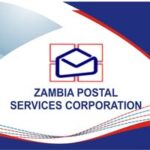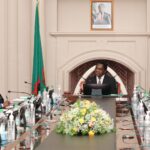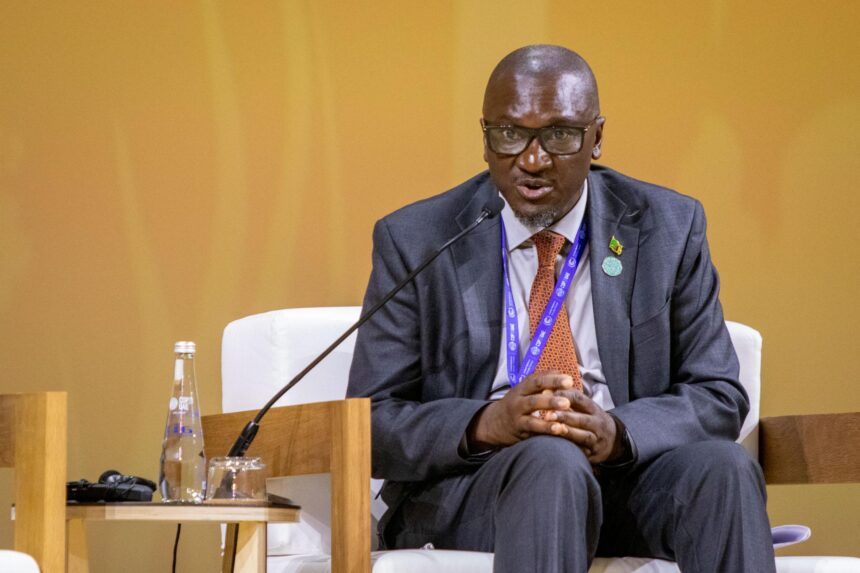Zambia’s Minister of Water and Sanitation, Collins Nzovu, has sounded a stark warning over the nation’s escalating water crisis, unveiling a bold new strategy centered on Public-Private Partnerships (PPPs) to transform the country’s struggling water infrastructure.
Speaking at the Zambia Water Forum, Nzovu highlighted the urgent need for systemic overhaul. “Our infrastructure is stuck in the past,” he declared. “While our population has doubled since 2000, investment in water systems has stagnated.”
Currently, more than 4 million Zambians lack access to clean water, and 60% of urban water systems are operating at just half their capacity. Much of the infrastructure dates back to the 1980s, with the 2023 National Water Policy revealing that 70% of water treatment plants are now obsolete. In cities like Kitwe, residents endure 72-hour water rationing cycles, often turning to contaminated wells for survival. Health officials have warned of the consequences. “Cholera outbreaks are inevitable without intervention,” said Dr. Matshidiso Moeti, the World Health Organization’s regional representative.
To address the crisis, Nzovu has introduced a plan to attract $500 million in investment by 2025 through PPPs. The initiative aims to upgrade water purification plants, drill new boreholes, and improve distribution networks. A pilot project in Ndola, backed by a €20 million grant from the European Union, has already reduced water leakage by 30%.
Despite early progress, the plan has faced criticism from civil society organizations. Paul Hakoola, director of a local NGO, expressed concern that privatization could lead to unaffordable water tariffs, citing similar outcomes in Kenya and Ghana. Nzovu, however, has promised that all PPP agreements will include affordability safeguards, such as subsidies for low-income households. He also outlined additional strategies, including decentralized, solar-powered water kiosks for rural communities.
The European Union’s recent decision to increase its funding for Zambia’s water sector by 30% signals growing international confidence in Nzovu’s approach. However, challenges persist. In 2022, $4 million earmarked for borehole development was misallocated, raising concerns about governance and accountability. To tackle such issues, Nzovu has pledged to “clean house” by launching an anti-corruption task force within the ministry.
With mounting pressure to deliver safe water to a growing population, Nzovu’s ambitious reform agenda could be pivotal in securing Zambia’s water future—if it can overcome both infrastructural decay and administrative hurdles.






